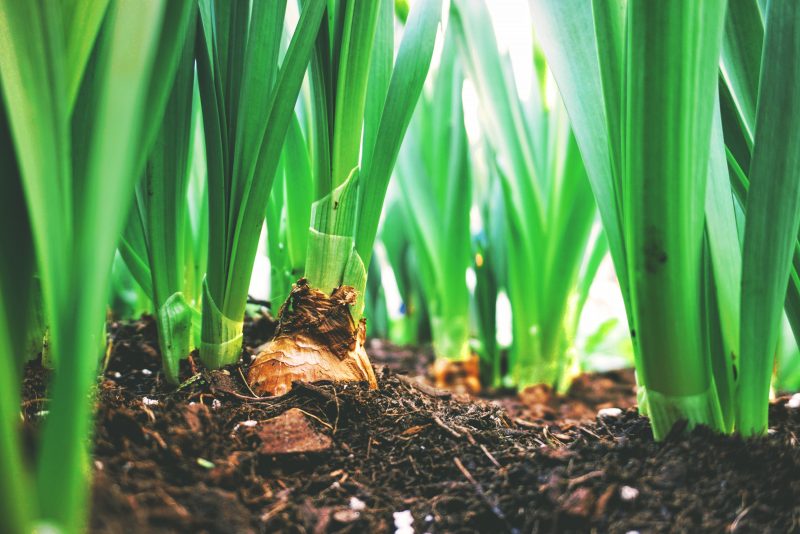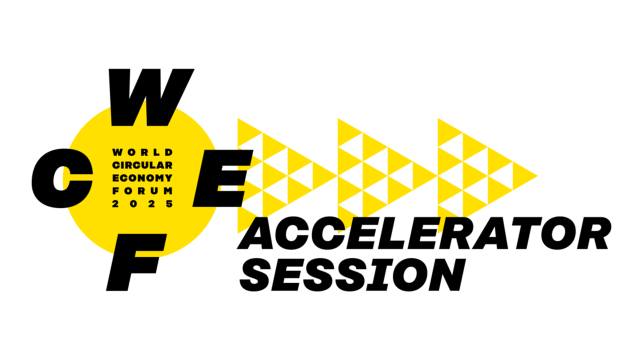Green growth and equity must go hand in hand

"Putting Green Growth at the Heart of Development" is a fascinating combination of developing country perspectives on inclusive governance for a green economy, with complementary lessons from the OECD’s recent experience of green growth through resource-efficient technology, incentives and investment (see report).
The United Nations, several development banks, and the new Global Green Growth Institute, among others, are showing how ‘green growth’ can increase conventionally-measured GDP through investment in resource efficiency and greenhouse gas abatement. Their focus on growth through the green goods and services sector of the economy – and the promise of attracting international climate finance, and the returns to be gained – is attracting considerable political attention. Their new analytical frameworks have now been applied to several developing countries, often by major international consulting companies. The resulting analyses reveal which technologies are the most cost-effective – valuable information for kick-starting green economic activity, even if this is sometimes dressed up as full ‘national green growth plans’.
The OECD’s paper similarly emphasises the need for technology and investment, drawing on the OECD’s own experience. A large body of evidence on this has been built up following the OECD’s Secretary-General Angel Gurria’s promotion of green growth as a policy priority for the OECD.
But, crucially, the new OECD paper also introduces a complementary focus by many developing countries on equality and inclusion – aims which had understandably been taken for granted in OECD countries’ own Strategy for Green Growth.
There is a growing body of evidence that suggests that growth alone is not enough to improve wellbeing and that inequality is rising. Several high-growth countries in Africa have slipped down the Human Development Index. There are also indications that non-inclusive green growth models are risky – external interests have been acquiring land and natural resources on the basis of the rapid gains in GDP they can generate, but at the expense of local people’s access to the environmental assets they need for their own prosperity.
IIED’s view is that, while the technical analyses done by the international institutions can really help to tackle one of the fundamental barriers to a green economy – misallocation of capital that perpetuates the brown economy, one other barrier is just as important – an asymmetry in power between stakeholders. Breaking this down demands an approach that is at once much more nuanced than green technology screening, and yet just as concrete.
It means a sharper focus on the potentials and needs of the poor: developing countries need to create green jobs and enterprises that are accessible to the poor – jobs that might cost $100 to create and require 1 KW to sustain, rather than $100,000 and 10 KW. And it means building inclusive green economic governance: stronger economic rights, capacities, policies and institutions to support equitable approaches to growth within ecological limits. The OECD report is helpful – although its continued use of the ‘green growth’ label, and its voluminous nature, may prove to be small barriers to its use in developing countries.
Developing countries’ visions for a green economy
That would be a shame, because the paper is the first among the OECD’s extensive green growth publication series to be prepared on the basis of evidence and perspectives from developing country stakeholders. The OECD held consultations at the 2012 Global Green Growth Summit in Seoul, at the Rio+20 summit, as well as in-country dialogues in Ethiopia and Cambodia. Read the Ethiopian case study, based on in-country dialogues facilitated by IIED. The OECD also commissioned new analyses from IIED of green economy policy foundations and activities which developing countries already have in place. Material included in the report is from 37 developing countries.
The consultations revealed that external ‘green growth’ frameworks have not encompassed the full ‘green economy’ needs expressed in many developing countries. Stakeholders give more prominence to environmental issues beyond climate change, along with the need to increase equity and to empower those who are being failed by the current economic system. Countries also need the space and capacity to explore the kinds of economy their societies need and want, and to produce their own country-tailored green economy plans. In producing its new paper, the OECD provided a space for stakeholders in a few countries to begin such a process.
It would be good if OECD members could support developing countries further – and accept the countries’ results. As a contribution, in the coming months IIED will issue guidance for self-directed national dialogue, analysis and planning processes based on lessons from the ten dialogues we have facilitated to date. We’ll share them when they’re available.
Steve Bass, IIED
This article first appeared on IIED's website, where Steve Bass is the Head of the Sustainable Markets Group.


